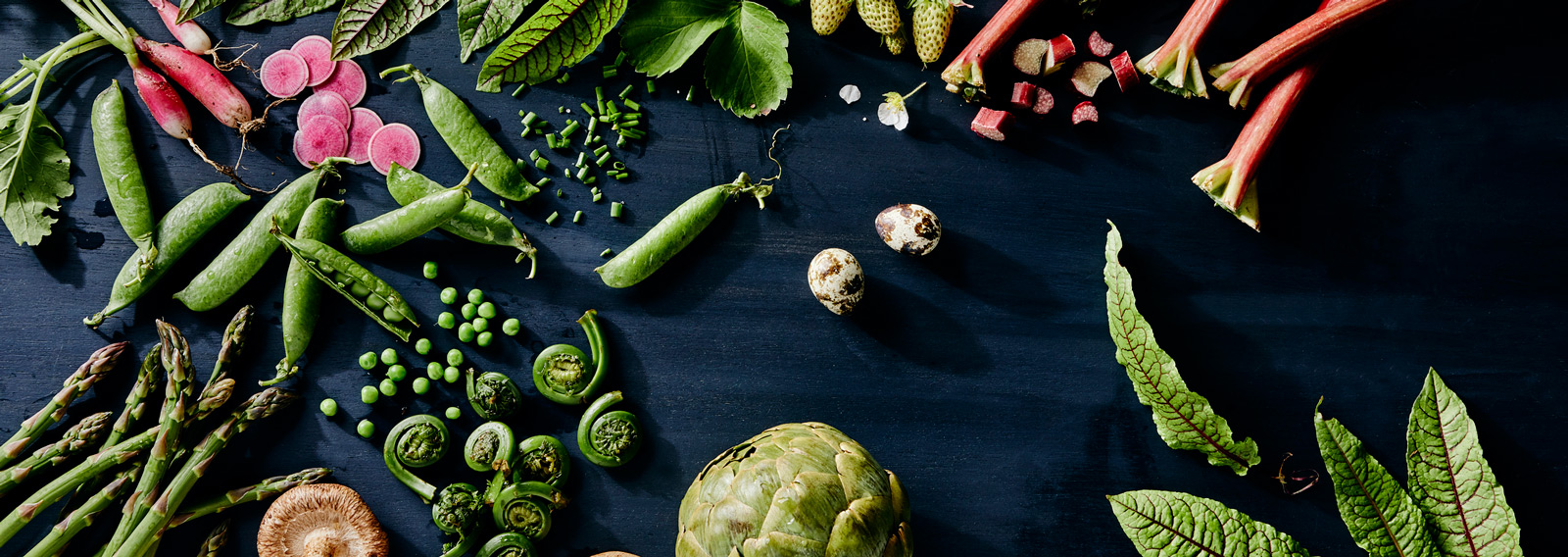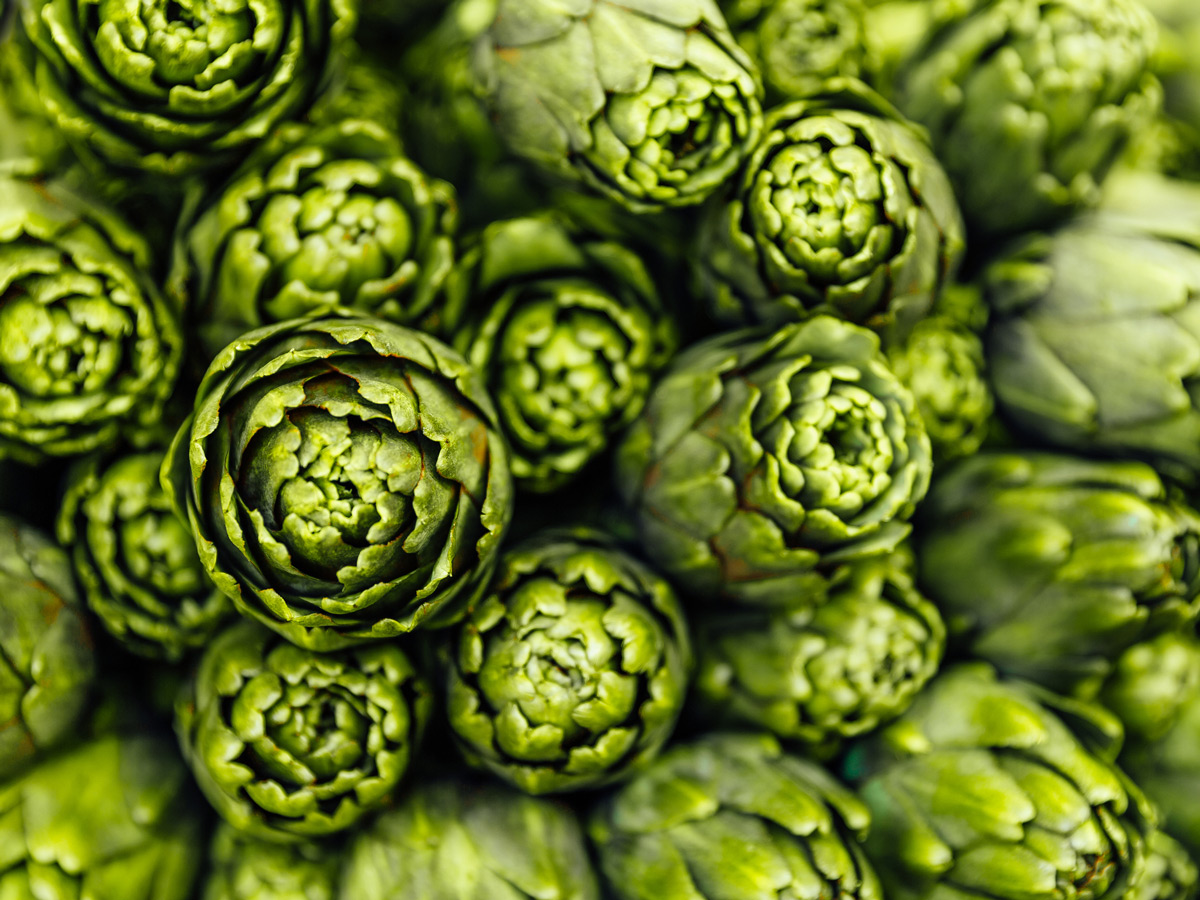

Bloating, heavy legs, and water retention are common problems, especially in spring. The causes? There can be many.
One of the most frequent is a sedentary lifestyle and a diet richer in sugars and fats during the winter months.
Moreover, the stress that the body undergoes with the change of season can worsen the problem.
It slows down several bodily functions, including those of the intestines, promoting constipation and a feeling of heaviness.
A valid help in combating the problem is offered by the right vegetables.
Integrated into a varied and complete diet, they are excellent allies to fight bloating.
They provide a mix of substances that facilitate the work of the liver and all other organs involved in detoxification.
Moreover, consumed during meals before other courses thanks to their satiating effect, they help reduce portions at the table and consume fewer “indulgent” foods.
They are indeed capable of increasing the feeling of fullness and curbing hunger. But they also have many other advantages.
Algae: The Superfood of the Moment
5 Vegetables to Fight Bloating and Slim Down

Artichokes
Artichokes contain plenty of fiber that slows down the digestion of fats and sugars and reduces the production of insulin, a hormone that promotes extra inches accumulation, especially around the belly.
The fibers they are rich in, including inulin, also have a prebiotic action: they nourish the intestinal microbiota and keep it balanced, promoting regularity.
Fennel
They are rich in water and fibers that promote the body’s detoxification processes.
Water stimulates diuresis.
Fibers, on the other hand, stimulate the intestines and promote the elimination of toxins and excess waste substances.
Lettuce
Thanks to its richness in vitamin C, it promotes blood circulation and helps to stay away from bloating and cellulite.
It also provides a series of substances that stimulate the work of the liver and intestines.
In particular, it is a good source of polyphenols and fibers that promote detoxification actions.
Spinach
They provide minerals such as potassium and magnesium that promote blood circulation and fight bloating.
They also contain a range of B vitamins, valuable for the proper metabolism of fats, carbohydrates, and proteins.
Radicchio
Radicchio is a source of anthocyanins that have antioxidant and anti-inflammatory actions.
They promote fluid drainage and reduce water accumulation in tissues.
Moreover, they facilitate the disposal of excess toxins, which can slow down metabolism in the long run and predispose to various disorders.
This article first appeared on Grazia.it – Angela Altomare













